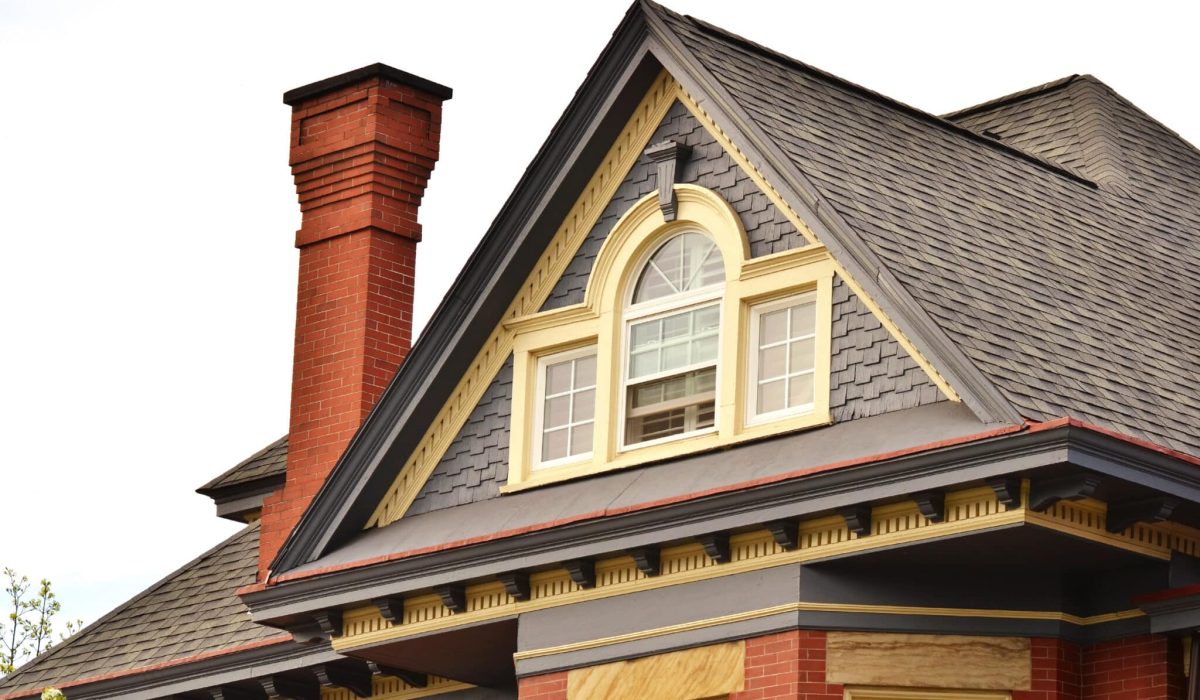- By admin
- Renovation Roof, Roofing
- 0 Comment
Selling a house can be stressful, and one of the biggest questions homeowners ask is whether replacing their roof will increase their home’s value. The short answer? Yes, but it depends.
A new roof improves curb appeal, energy efficiency, and buyer confidence. But before investing, you need to consider the return on investment (ROI), your home’s condition, and market demand.
Here’s everything you need to know about how a new roof impacts home value in 2025.
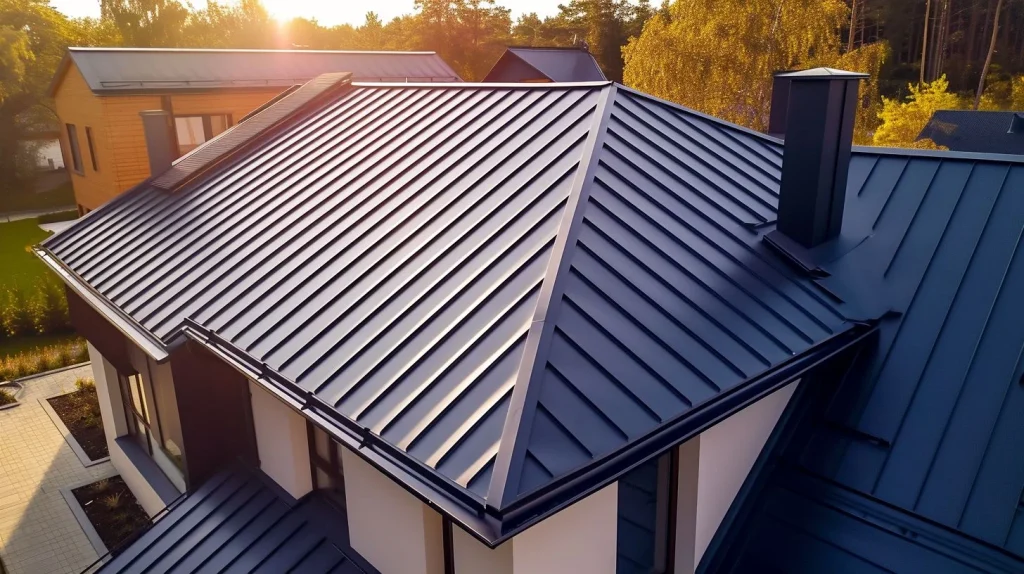
How Much Does a New Roof Increase Home Value?
While a new roof won’t give you a 100% return, it boosts home value and makes selling easier. Here’s the latest breakdown:
Asphalt Shingles: Adds an average of $18,000 in resale value with a 61% ROI
Metal Roofing: Increases home value by around $23,000 with a 48-50% ROI
High-End Roofing (Slate, Tile, or Composite): Higher upfront cost but can add long-term property value
Even if you don’t get a full return on your investment, a new roof helps sell your home faster and reduces negotiation hassles with buyers.
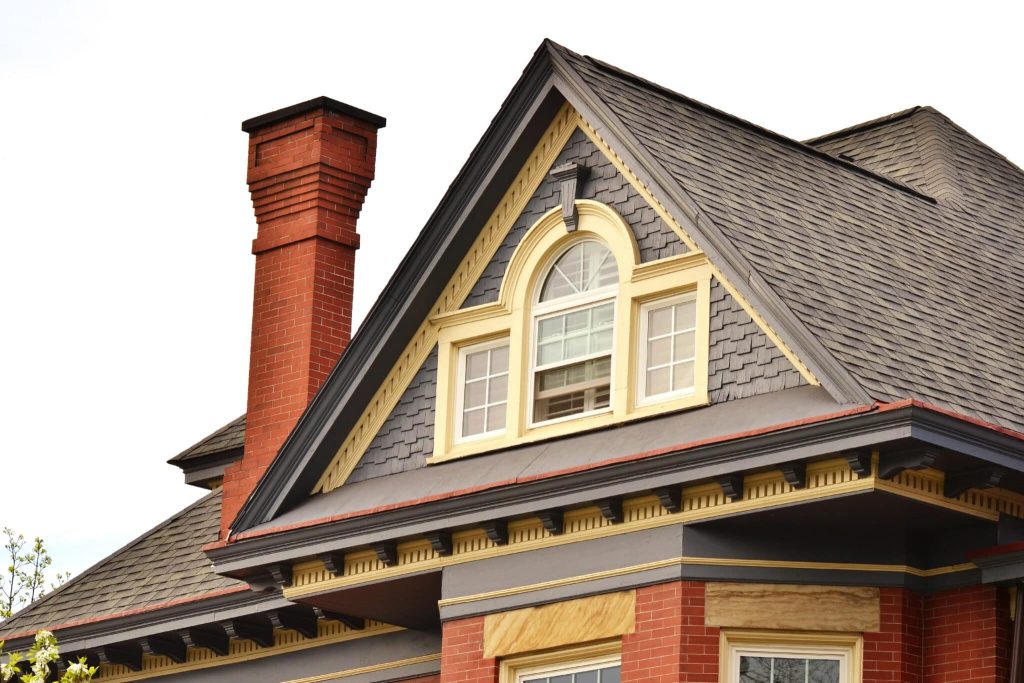
Should I Replace Your Roof Before Selling?
Not every home needs a roof replacement before selling. But if your roof is damaged, outdated, or leaking, buyers may hesitate or negotiate a lower price. Here are key signs you should replace or repair your roof before listing:
Curling, cracked, or missing shingles
Sagging roof or visible damage
Water stains or leaks inside your home
Old age (asphalt roofs over 20 years old, metal over 50 years)
Signs of mould, moss, or algae growth
Storm damage (wind, hail, heavy rain issues)
If your roof has minor damage, repairs may be enough. But if it’s nearing the end of its lifespan, a full replacement could help maximize your sale price.
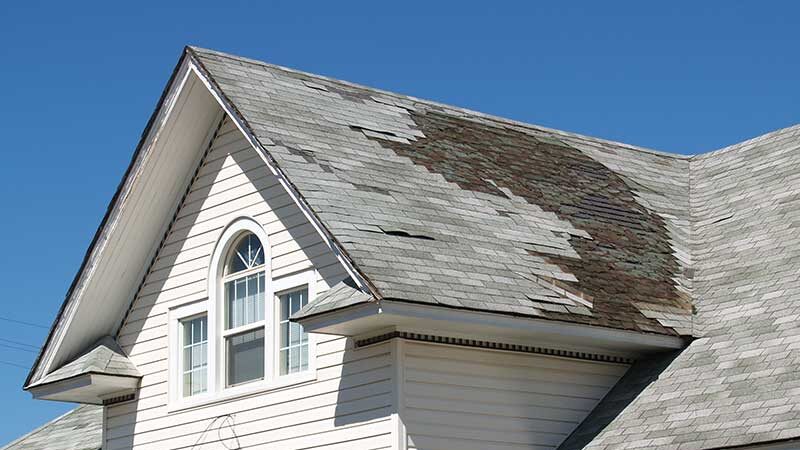
Best Roofing Materials for Resale Value
Choosing the right material can impact your home’s appeal and long-term value. Here’s a quick look at the most popular roofing options:
1. Asphalt Shingles (Most Popular)
Pros: Affordable, easy to install, decent lifespan (15-25 years)
Cons: Less durable than metal or tile, prone to weather damage
Best For: Budget-conscious sellers who need a quick, effective upgrade
2. Metal Roofing (Long-Term Investment)
Pros: Extremely durable (50+ years), energy-efficient, low maintenance
Cons: Higher upfront cost, can be noisier in rain
Best For: Buyers looking for longevity and energy savings
3. Tile, Clay, or Slate Roofing (Luxury & Durability)
Pros: Long lifespan (50-100 years), high-end appearance, fire-resistant
Cons: Heavy, requires strong home structure, expensive
Best For: Homes in high-value neighborhoods or warm climates
4. Composite & Architectural Shingles (Modern Alternative)
Pros: More durable than standard asphalt, designed to mimic slate or wood
Cons: Costs more than basic asphalt, but less than metal or slate
Best For: Homeowners who want a balance of durability and affordability
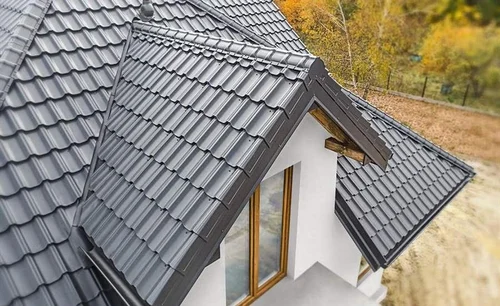
Energy Efficiency & Sustainability
With energy costs rising, energy-efficient roofs are more valuable than ever. Buyers now look for cool roofing, solar compatibility, and insulation benefits when shopping for homes.
Ways a new roof can improve energy efficiency:
Cool Roof Technology: Reflects sunlight to keep homes cooler, reducing energy bills
Solar Panel Compatibility: Metal and composite roofs work best with solar installations
Better Insulation: New roofing materials help trap heat in winter and reflect heat in summer
An energy-efficient roof can make your home more appealing to buyers and even qualify for energy tax credits or rebates.
Get Expert Advice & Installation
Need help deciding if a new roof is right for you? Contact Shoreline Roofing for expert advice, inspections, and quality roofing solutions. Whether you need repairs or a full replacement, we’ll help you boost your home’s value with a roof that lasts.

